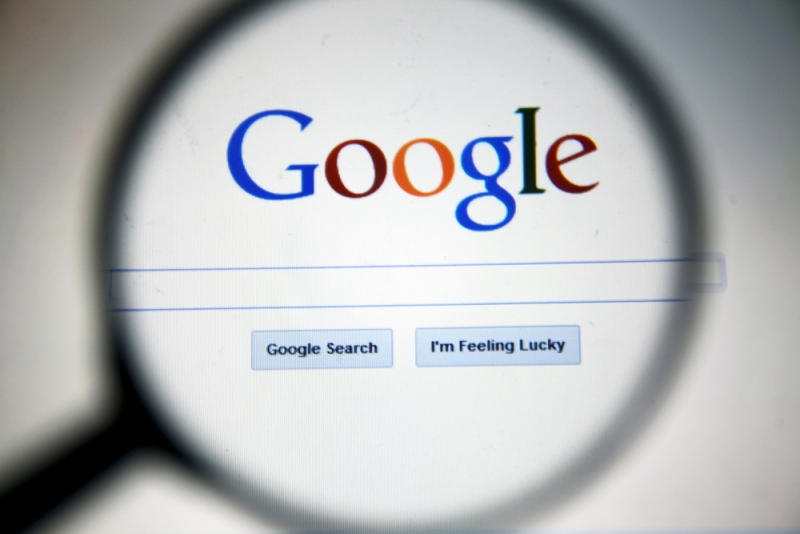Google has received over 280,000 individual 'right to be forgotten' requests to remove online information. A small amount of those requests regards information concerning criminals, politicians and public figures, according to a report by the Guardian, but the overwhelming majority of requests are from everyday people hoping to protect personal information.
Hidden in the source code of an archived version of Google's European Transparency Report, new data gives us a better picture of the type of requests that are being made. This is the first time this information has been made public, and covers nearly 220,000 requests, about three quarters of all requests to date.
Out of the 218,320 requests between May 2014 and March 2015, 46% have been successfully delisted on individual name searches, most of them for "private or personal information." Less than 1% of the overall total were successful in the other four issue types: "serious crime" (728 requests), "public figure" (454), "political" (534) or "child protection" (176).
The 22 examples of requests listed in the Transparency Report include an individual who was fired for sexual crimes committed at work (request denied), and a crime victim whose name appeared in articles about the crime (request delisted.) Within the context of the new data, these examples can seem sensationalized and overstated. Yes, they are real, but they are a small part of the story.
Within the category "private or personal information" less than half of the requests are delisted, more than a third are denied, and the remaining are pending. For each of the other categories, only about one in five have actually been delisted and around two-thirds are denied.
Google said in a statement that the data the Guardian found in the report "was part of a test to figure out how we could best categorise requests" and that test was discontinued in March because they deemed the data unreliable.
When the 'right to be forgotten' requests began, there was speculation that the law making the process possible would only protect criminals and politicians who wanted to wipe clean their public internet history. But according to this new data, the law is mostly protecting the average internet user who might have an embarrassing Facebook photo they'd like to erase for good.
Image credit: Twinsterphoto / Shutterstock.com
